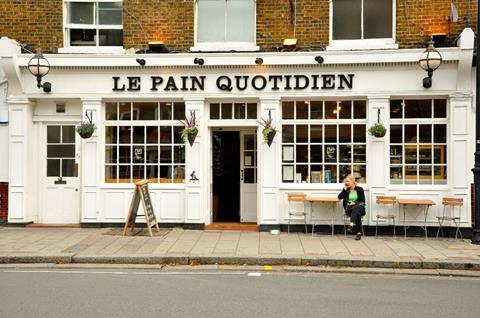
Brunchco UK, which trades as Le Pain Quotidien, has appointed administrators resulting in 250 employees being made redundant.
Nine stores of the bakery and coffee chain were closed including the ones in Covent Garden, Hyde Park, Marylebone, and Oxford.
The St Pancras site, which is operated by sister company SPQ Holdings Limited, is not impacted by the move.
Brunchco UK had explored several options to enable it to continue as a going concern, including considering a Company Voluntary Arrangement and launching a process for the sale of its business and assets. However, whilst offers were received, none were capable of being transacted.
As a result, all trading ceased on Thursday 29 June 2023 and Sarah Rayment and Philip Dakin of Kroll Advisory were appointed a day later.
“Pressures on parts of the hospitality and casual dining sector have been well highlighted,” said Sarah Rayment, global co-head restructuring at Kroll.
“Brunchco UK Limited which is predominantly located in London has suffered from reduced revenues as a result of decreased footfall in the Capital, high rents and increased wage costs. As part of the next steps of the insolvency, we will be looking to realise value from the Company’s leasehold interests and other assets.”
The business has struggled in recent years, having previously appointed administrators in June 2020 and then immediately being bought in a pre-pack deal by BrunchCo UK Limited. The firm acquired 15 of the chain’s 26 sites, with the other 11 and the head office closed, resulting in 200 redundancies.
It bounced back with an experienced team at the helm including Steven Whibley – an original franchisee of Le Pain Quotidien UK and formerly of Gail’s Bakery – who took on the role managing director. Former operations chef at Ole & Steen, Andrew Tottle, joined as head of food and Faye Hance, who has previously worked for Wagamama and Five Guys, was made head of people.
They were tasked with restoring the quality of Le Pain Quotidien’s foods, drinks, and service. As part of this, the bakeries were refurbished to make them ‘more comfortable and safer’, while improving their retail offering, and new seasonal menus were rolled out. It also made a play for food to go, making more of its range available via delivery platforms Deliveroo and Uber Eats, as well as creating an online ordering platform for click & collect.
Its range included organic breads, pastries, eggs, organic coffee, and signature tartines alongside soups, salads, and quiches.
Difficult conditions
Offering some analysis of the situation, Rob Spedding, finance and restructuring partner at Keystone Law, said it was “not surprising” and anticipated that there could be other high street casualties in the future.
“Trading conditions for casual dining businesses have been very difficult for a long time: they are often in expensive rental premises without significant customer footfall, there are arguably too many high street offerings and competition for customers is fierce,” Spedding said. “Now businesses also have to factor in fewer customers due to the cost-of-living crisis and working from home, inflation, higher interest rates, higher energy prices, higher wage costs and more expensive ingredients in the face of decreasing turnover.”
He added that these difficulties can only be sustained for a short period of time and “do not make a business attractive to a buyer as a going concern”.
“Le Pain Quotidien’s CEO has said that the business will now rely on a franchise model. This could make the business much more nimble but it remains to be seen how attractive this model will be to franchisees in current trading conditions as they will take on the lion’s share of the risk,” Spedding added.



















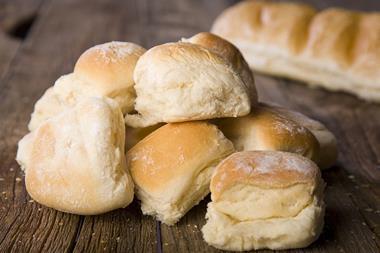


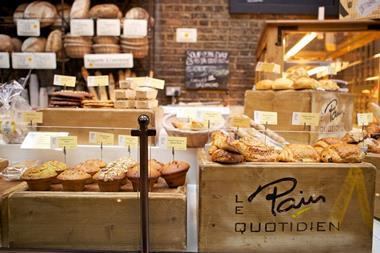
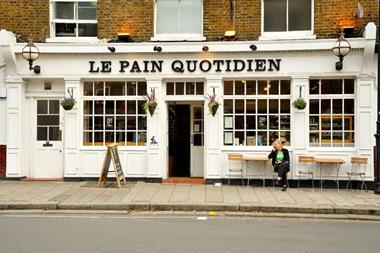
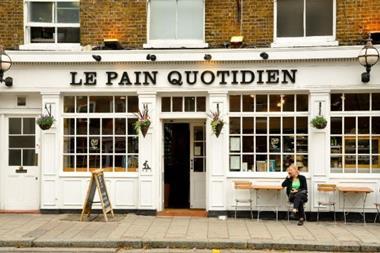
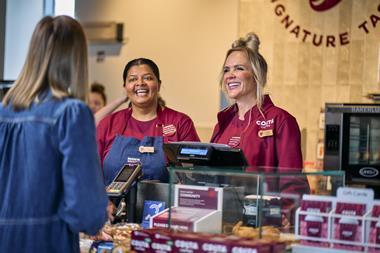
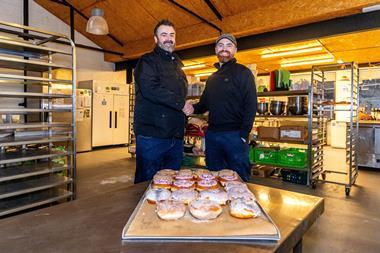





No comments yet